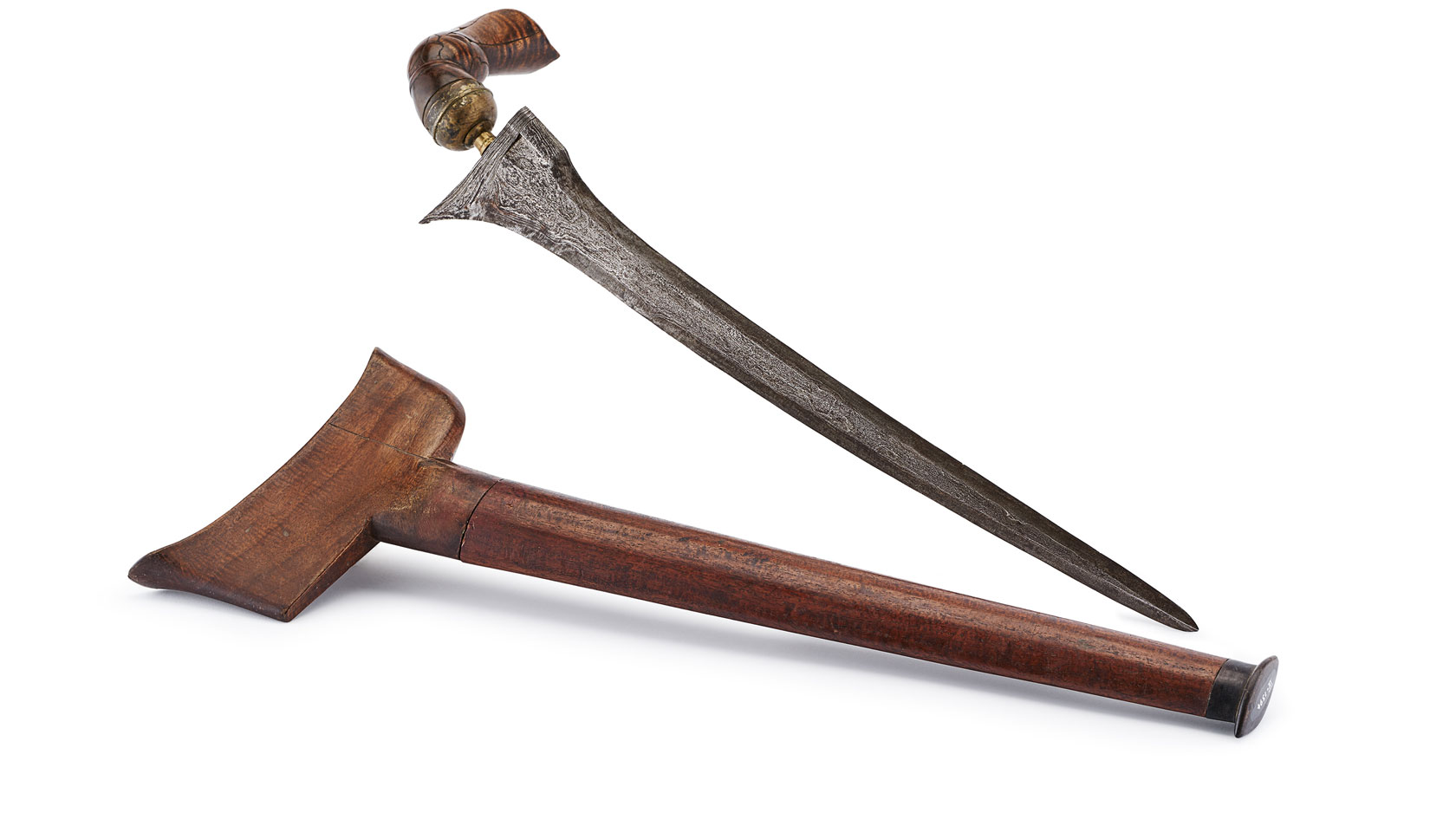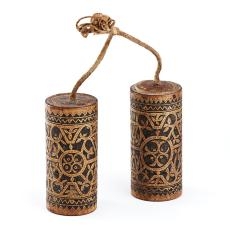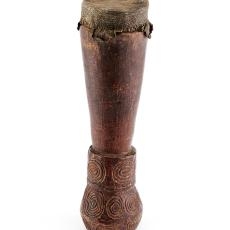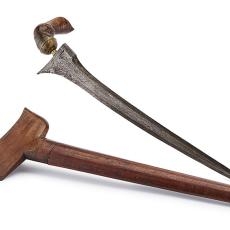Insights into the History of the Collection
Dr. h.c. Hermann Herder
14.11.1864 – 19.10.1937
Born in Freiburg, Hermann Herder studied history at the University of Freiburg for several semesters. In addition to his studies, he saw military service in 1884, enlisting in the 5th Baden Infantry Regiment No. 113.
He trained at the Wallau printing works in Mainz in 1885 in the field of publishing whereupon he returned to Freiburg to join his father's company, the Herdersche Verlag. He took over the company in 1888 and expanded it successfully. In 1895, Hermann Herder became the sole proprietor of the publishing house, which he managed for forty-nine years. In order to bring the individual publishing departments together, he arranged the large publishing house (Herderbau on Habsburgerstrasse) to be built in 1912, which is now used by the University of Freiburg.
Herder was involved himself in the life of the city a number of ways: he was a co-founder and, until 1920, also chairman of the Association of Catholic Booksellers, as well as being a member of the Freiburg Chamber of Commerce from 1908 and a city councillor from 1900 until 1918. He was awarded an honorary doctorate from the Faculty of Philosophy at the University of Freiburg in 1920 for his services.
Herder Donation
The entry on the roll of honour from 1904 refers to a donation made by Herder, which contained natural history specimens and ethnological objects from Indonesia. Herder had not acquired these objects himself but had received them from an unnamed, former proofreader at the Herder publishing house. The anonymous donor had brought the collection with him from Indonesia during his service as military pharmacist in the Dutch colonial army. Herder donated this collection, which included butterflies, a bottle with Indian snakes and some animals from Java, as well as weapons, to the Museum für Natur- und Völkerkunde.
Herder maintained a connection with the museum for many years and also supported the museum financially. In 1914, he made a second donation comprising a larger collection of ethnological objects from East Java and Celebes (Indonesia). There is no information recorded in the files as to whether he had acquired the objects himself on his travels or, indeed, where he had obtained them. The current Ethnological Collection contains a total of 150 objects from the Herder Collection.




